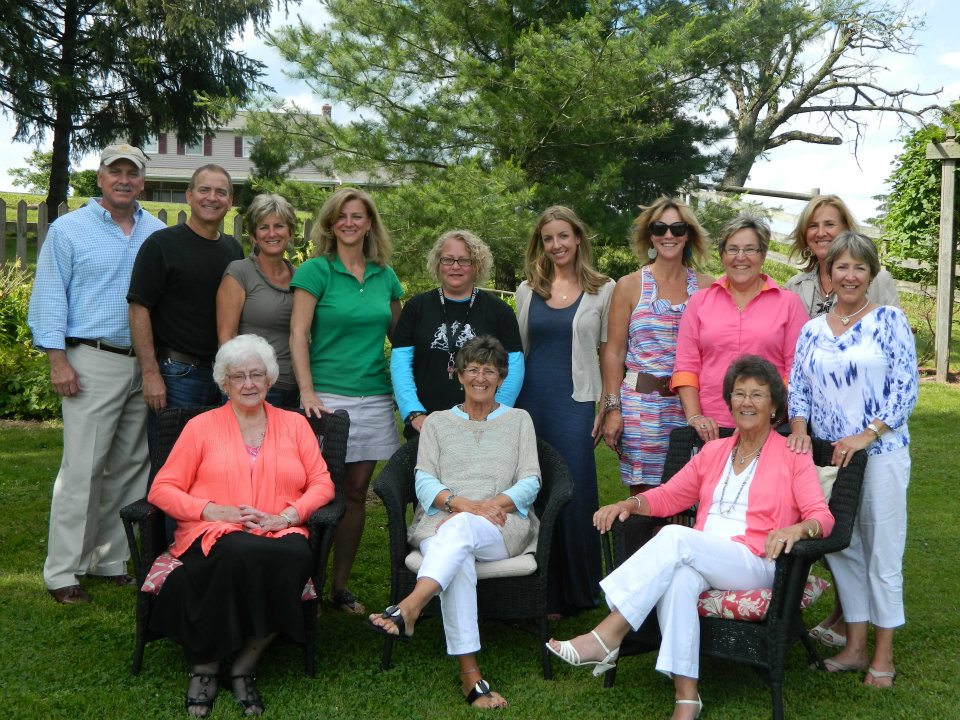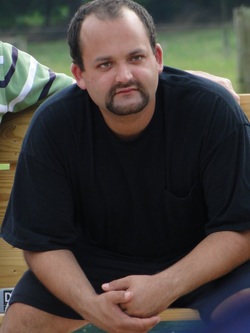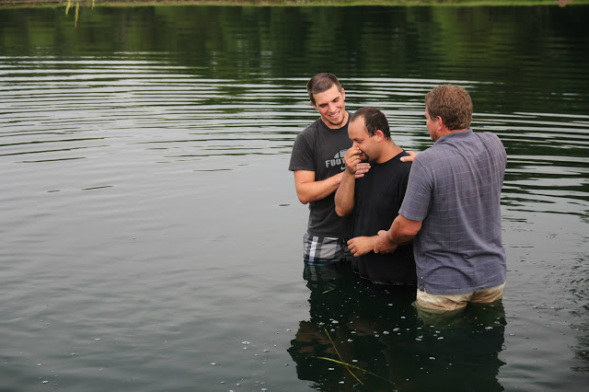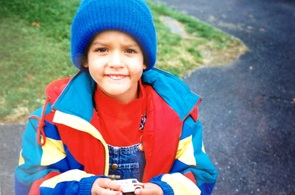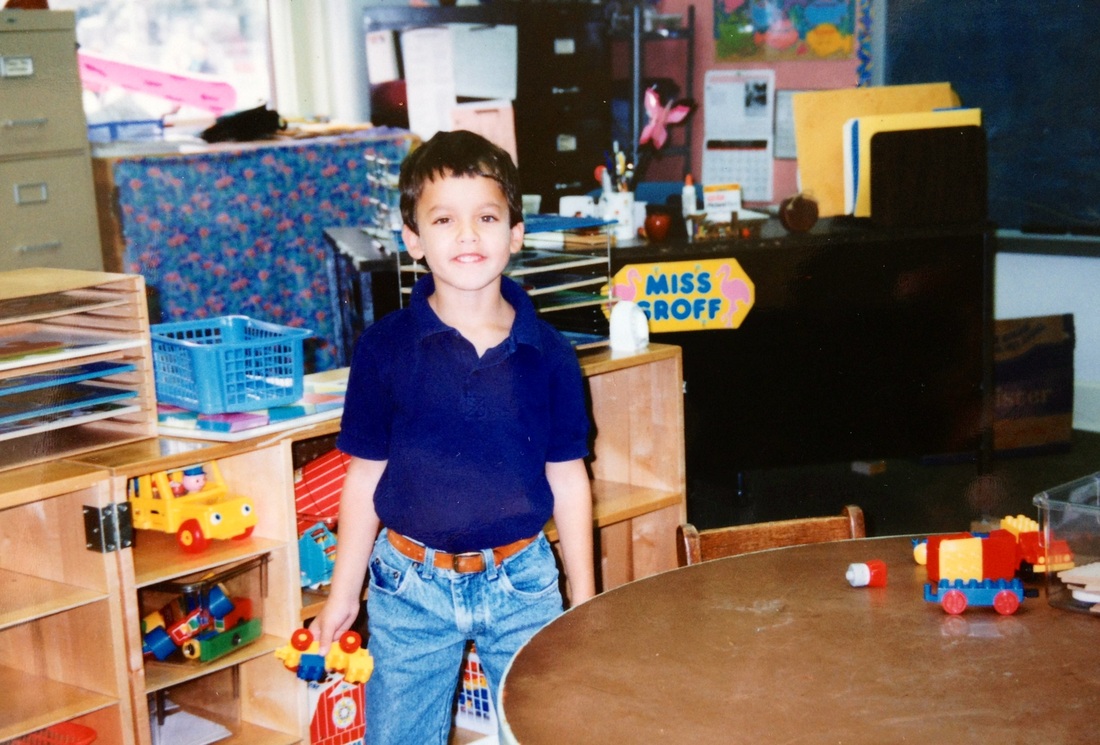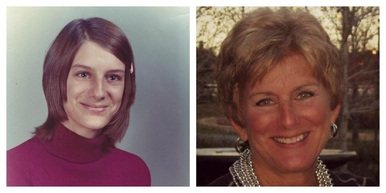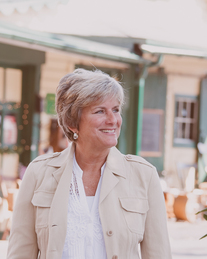Who doesn't love a good rags to riches story?
We have the benefit of hindsight with Cinderella. We know she gets the prince in the end, and because we know she will eventually triumph, we are willing to wait through the injustice she suffers at the hands of her evil stepmother and sisters. She finds her prince and lives happily ever after.
We don’t always get that same fairy tale ending in real life. Our long held aspiration may or may not be realized in this lifetime, but like Cinderella, we continue to hold onto the hope that someday our heart’s wishes will come true. And for those who follow a divine calling, we can be assured that, eventually, our best absolutely will come.
But what if--right now--our best doesn't look much like the original quest?
For several years now I have casually, but consistently, fantasized about how I could use my God-given gifts and, at the same time transform our turn of the century bank barn into a profitable venture.
Two years ago we took the first step toward that end and gained zoning
approval to renovate it into a Bed and Breakfast. When that exception was granted, I was ready to plunge head on into the project and not look back. My husband, while supportive of the dream, was not operating on exactly the same timeline. He just didn't possess the same sense of urgency that I did. I had good reasons to forge on, and he had better reasons to wait. And so, at the time of this writing, that’s exactly what we are doing.
Waiting.
You need to know that I am not a good waiter. Never have been. My beloved does not shove his authority around easily, so I've learned to trust his instincts when his perspective is different than mine. As much as I hate to admit it, he is usually right. There’s a time to plow right through obstacles to reach your goal, but there’s also a time to be still and plan well.
If you need someone to lead the charge, I am your gal. But if you‘re looking for an analytical, “slow and steady as she goes” type, I am not her. It is during these times of waiting, anticipating the pursued outcome that I have made critical mistakes.
Like making the dream THE most important thing. Without much notice, I can miss what’s right in front of me because I’m too busy looking for what’s to come. I can struggle with discontentment over what I don’t have rather than being grateful for all that I do. I find myself yearning for more when I haven’t handled “less’ very well.
God gave me a gift of hospitality. To me, that always sounds prideful and yet, at its very core, it is simply stating the obvious. It is a gift. I did nothing to earn it. My desire has long been to share that gift with others, so throughout the years we've hosted exchange students in our home,
accommodated guests from near and far in our renovated spring house/guest home, and created reasons merely to throw a party. I thrive when coordinating these kinds of events, and I know the joy that comes from being used in areas where I feel most passionate. To me, being hospitable has its own reward. So you’d think that would be enough, right?
It wasn't long, though, until the call for something more came knocking. The dream I’d had those many years before had been temporarily sidelined by the spring house project, and then a house renovation after that.
I suppose a dreamer’s heart never stops visualizing what could be, and to the eternal frustration of my husband, he married a dreamer. There’s always an idea spinning in my head, and it usually requires some sort of project for him.
In my petulance, I began nursing a spirit of discontentment. Instead of being grateful for the resources God had already given, I wanted more. So I began asking Him for that miracle to do bigger things (with the purest of motives, of course…ahem). I poured through magazines and spent hours online creating in my mind what my Barn Bed and Breakfast would look like. I prayed earnestly for God to provide the resources to undertake such a project without risking everything we’d worked so hard for the last 30 years. I was naming it and claiming it. I piously offered up to God an area of my life that I’d resisted before, as my sacrifice to Him. I reasoned that this was evidence I was willing to put feet to the request. I knew it wasn't enough just to ask for it and then expect him to drop it in my lap ( although I secretly hoped that’s how it would all come down).
Well, two years later I am still offering that sacrifice. And waiting. I thought God would be impressed with my offering. I was, after all, giving him that part of my life I held tightly in my hand. Even though I didn't identify it as such, I was calling God out. A divine bluff, if you will.
“Okay Lord, I will give you this to prove how serious I really am.” And then God would say, “Okay Carla, I see your move and applaud your effort. Your wish is granted. '
Pennies from Heaven. Contractors hired. Guests booked. Dream realized. Check. Check. Check. Check.
Except that my offering was never really that impressive. He’s wanted all of me from the very beginning, and I was holding out. Only when I was looking for something in return did I fully surrender what should have His been all along. That’s not to say God doesn't absolutely delight in giving lavishly to His own, but he does so with purpose, not because I deserve it or make a deal He can’t refuse.
I don’t know when or even if my Bed and Breakfast dream will ever
be fulfilled this side of Heaven, but in my season of waiting, I am learning a few lessons. Perhaps that is worth more than the dream itself. I am slowly discovering that contentment comes as I surrender my timeline to His. I may not be where I want to be just yet, but I am trying to cultivate a spirit of gratitude by serving those presently in front of me right now, in the moment.
Perhaps most importantly, I am framing my dream to fit His plan for my best. If His grand design matches mine, wonderful. If not, that will be okay too. I will choose not to obsess over it, but accept whatever it will be that He brings. Some days I am better at it than others, but on the days I lay it all down, there is peace.
Recently, my husband crafted a beautiful table from some old, reclaimed wood in our barn. He took aged, rough pieces and made something truly remarkable. It occurred to me that, perhaps, God wants to do something similar with me. He knows my dream, he created my heart with a desire to serve and He understands my limitations. I believe He wants to take my raw idea and do something beautiful with it, but it may not look exactly like I expect it will. In the end, though, whatever it becomes will be far more beautiful than anything this dreamer could imagine.
I acknowledge there are some who are waiting on a dream far more significant than mine, and in the context of such scenarios, my wait is dramatically inferior. At the same time, I know that for those of us with "less noble" pursuits, God also cares about the seemingly insignificant of our heart’s desires. It’s important to Him because it matters to us. He longs to walk us through the wilderness of waiting and wanting, and in that desolate valley, he becomes our trusted guide. The dream, as valued as it may be, is secure as we offer it back to Him. I cannot say that I walk in that complete dependence every day, but I am gaining ground. I am better than I used to be at balancing the dream and its outcome with my present reality. And although I don’t know the ending, I can safely surrender it.
Years from now my barn may be entertaining guests from near and far, or simply housing farm implements, or something somewhere in between. Whatever its future holds, this dreamer cannot wait to see.
And yet I will.
We have the benefit of hindsight with Cinderella. We know she gets the prince in the end, and because we know she will eventually triumph, we are willing to wait through the injustice she suffers at the hands of her evil stepmother and sisters. She finds her prince and lives happily ever after.
We don’t always get that same fairy tale ending in real life. Our long held aspiration may or may not be realized in this lifetime, but like Cinderella, we continue to hold onto the hope that someday our heart’s wishes will come true. And for those who follow a divine calling, we can be assured that, eventually, our best absolutely will come.
But what if--right now--our best doesn't look much like the original quest?
For several years now I have casually, but consistently, fantasized about how I could use my God-given gifts and, at the same time transform our turn of the century bank barn into a profitable venture.
Two years ago we took the first step toward that end and gained zoning
approval to renovate it into a Bed and Breakfast. When that exception was granted, I was ready to plunge head on into the project and not look back. My husband, while supportive of the dream, was not operating on exactly the same timeline. He just didn't possess the same sense of urgency that I did. I had good reasons to forge on, and he had better reasons to wait. And so, at the time of this writing, that’s exactly what we are doing.
Waiting.
You need to know that I am not a good waiter. Never have been. My beloved does not shove his authority around easily, so I've learned to trust his instincts when his perspective is different than mine. As much as I hate to admit it, he is usually right. There’s a time to plow right through obstacles to reach your goal, but there’s also a time to be still and plan well.
If you need someone to lead the charge, I am your gal. But if you‘re looking for an analytical, “slow and steady as she goes” type, I am not her. It is during these times of waiting, anticipating the pursued outcome that I have made critical mistakes.
Like making the dream THE most important thing. Without much notice, I can miss what’s right in front of me because I’m too busy looking for what’s to come. I can struggle with discontentment over what I don’t have rather than being grateful for all that I do. I find myself yearning for more when I haven’t handled “less’ very well.
God gave me a gift of hospitality. To me, that always sounds prideful and yet, at its very core, it is simply stating the obvious. It is a gift. I did nothing to earn it. My desire has long been to share that gift with others, so throughout the years we've hosted exchange students in our home,
accommodated guests from near and far in our renovated spring house/guest home, and created reasons merely to throw a party. I thrive when coordinating these kinds of events, and I know the joy that comes from being used in areas where I feel most passionate. To me, being hospitable has its own reward. So you’d think that would be enough, right?
It wasn't long, though, until the call for something more came knocking. The dream I’d had those many years before had been temporarily sidelined by the spring house project, and then a house renovation after that.
I suppose a dreamer’s heart never stops visualizing what could be, and to the eternal frustration of my husband, he married a dreamer. There’s always an idea spinning in my head, and it usually requires some sort of project for him.
In my petulance, I began nursing a spirit of discontentment. Instead of being grateful for the resources God had already given, I wanted more. So I began asking Him for that miracle to do bigger things (with the purest of motives, of course…ahem). I poured through magazines and spent hours online creating in my mind what my Barn Bed and Breakfast would look like. I prayed earnestly for God to provide the resources to undertake such a project without risking everything we’d worked so hard for the last 30 years. I was naming it and claiming it. I piously offered up to God an area of my life that I’d resisted before, as my sacrifice to Him. I reasoned that this was evidence I was willing to put feet to the request. I knew it wasn't enough just to ask for it and then expect him to drop it in my lap ( although I secretly hoped that’s how it would all come down).
Well, two years later I am still offering that sacrifice. And waiting. I thought God would be impressed with my offering. I was, after all, giving him that part of my life I held tightly in my hand. Even though I didn't identify it as such, I was calling God out. A divine bluff, if you will.
“Okay Lord, I will give you this to prove how serious I really am.” And then God would say, “Okay Carla, I see your move and applaud your effort. Your wish is granted. '
Pennies from Heaven. Contractors hired. Guests booked. Dream realized. Check. Check. Check. Check.
Except that my offering was never really that impressive. He’s wanted all of me from the very beginning, and I was holding out. Only when I was looking for something in return did I fully surrender what should have His been all along. That’s not to say God doesn't absolutely delight in giving lavishly to His own, but he does so with purpose, not because I deserve it or make a deal He can’t refuse.
I don’t know when or even if my Bed and Breakfast dream will ever
be fulfilled this side of Heaven, but in my season of waiting, I am learning a few lessons. Perhaps that is worth more than the dream itself. I am slowly discovering that contentment comes as I surrender my timeline to His. I may not be where I want to be just yet, but I am trying to cultivate a spirit of gratitude by serving those presently in front of me right now, in the moment.
Perhaps most importantly, I am framing my dream to fit His plan for my best. If His grand design matches mine, wonderful. If not, that will be okay too. I will choose not to obsess over it, but accept whatever it will be that He brings. Some days I am better at it than others, but on the days I lay it all down, there is peace.
Recently, my husband crafted a beautiful table from some old, reclaimed wood in our barn. He took aged, rough pieces and made something truly remarkable. It occurred to me that, perhaps, God wants to do something similar with me. He knows my dream, he created my heart with a desire to serve and He understands my limitations. I believe He wants to take my raw idea and do something beautiful with it, but it may not look exactly like I expect it will. In the end, though, whatever it becomes will be far more beautiful than anything this dreamer could imagine.
I acknowledge there are some who are waiting on a dream far more significant than mine, and in the context of such scenarios, my wait is dramatically inferior. At the same time, I know that for those of us with "less noble" pursuits, God also cares about the seemingly insignificant of our heart’s desires. It’s important to Him because it matters to us. He longs to walk us through the wilderness of waiting and wanting, and in that desolate valley, he becomes our trusted guide. The dream, as valued as it may be, is secure as we offer it back to Him. I cannot say that I walk in that complete dependence every day, but I am gaining ground. I am better than I used to be at balancing the dream and its outcome with my present reality. And although I don’t know the ending, I can safely surrender it.
Years from now my barn may be entertaining guests from near and far, or simply housing farm implements, or something somewhere in between. Whatever its future holds, this dreamer cannot wait to see.
And yet I will.
